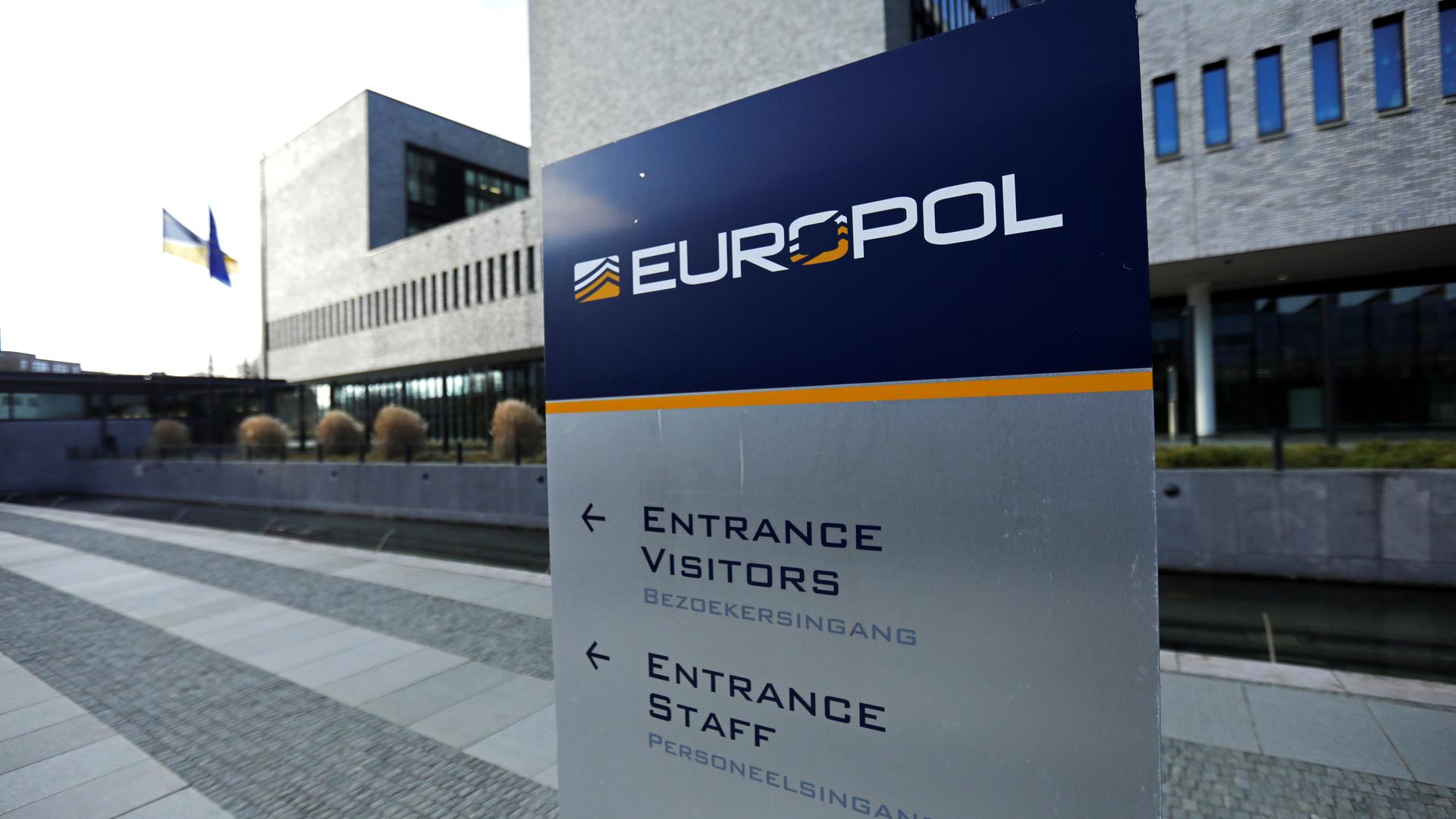- 1 day ago
Organised crime and terrorism in the European Union(EU) member states have been increasing under the cover of the coronavirus pandemic, according to Europol, the EU Agency for Law Enforcement Cooperation.
On Thursday, Europol released a report on the impact Covid 19 has had on crime. It shows an increasing crime rate, particularly in the areas of cybercrime, counterfeit goods, fraud and property crime since the beginning of the pandemic.
“Looking back at the last eight months, we can trace how criminals have used uncertainty and change to identify and exploit opportunities targeting individual citizens, businesses and the public sector,” executive director, Europol Catherine De Bolle said.
Some types of crimes, online and offline distribution of counterfeit and substandard personal protective equipment, pharmaceutical and sanitary products – including fake ‘corona home test kits’ and alleged vaccine preventing Covid-19 infection – have soared due to the pandemic and its restrictive measures.
The prevalence of child sexual abuse material (CSAM) has remained a grave danger at this period because children spend more time online.
Demand for CSAM and possible attempts of child sexual exploitation, have become a considerable threat, according to Europol.
Criminals, who are linked to organised property crime, use the well-known “grandchild” or “nephew trick” to defraud elderly victims. Generally, the most vulnerable targets are pre-selected and contacted by phone.
Meanwhile, the “looting of medical facilities and pharmacies” has increased during the pandemic.
When it comes to cybercrime activities, criminals use pandemic-themed campaigns, including phishing campaigns, ransomware, malware and business email compromise attacks.
Cybercriminals also target healthcare and health-related organisations by sending them ransomware.
The number of malicious apps used to target people has soared, according to the enforcement agency.
“Some of the malware types identified during the monitoring period suggested the involvement of highly skilled criminals,” the report said.
At the beginning of the pandemic, some extremists adopted “narratives and propaganda materials to the Covid-19 topic,” to persuade targeted followers to believe them. However, it has appeared to be limited especially after May 2020.
Furthermore, the number of fake news, harmful narratives and conspiracy theories, which undermine public institutions, has increased online as the pandemic has taken a greater hold across the continent.










Discussion about this post